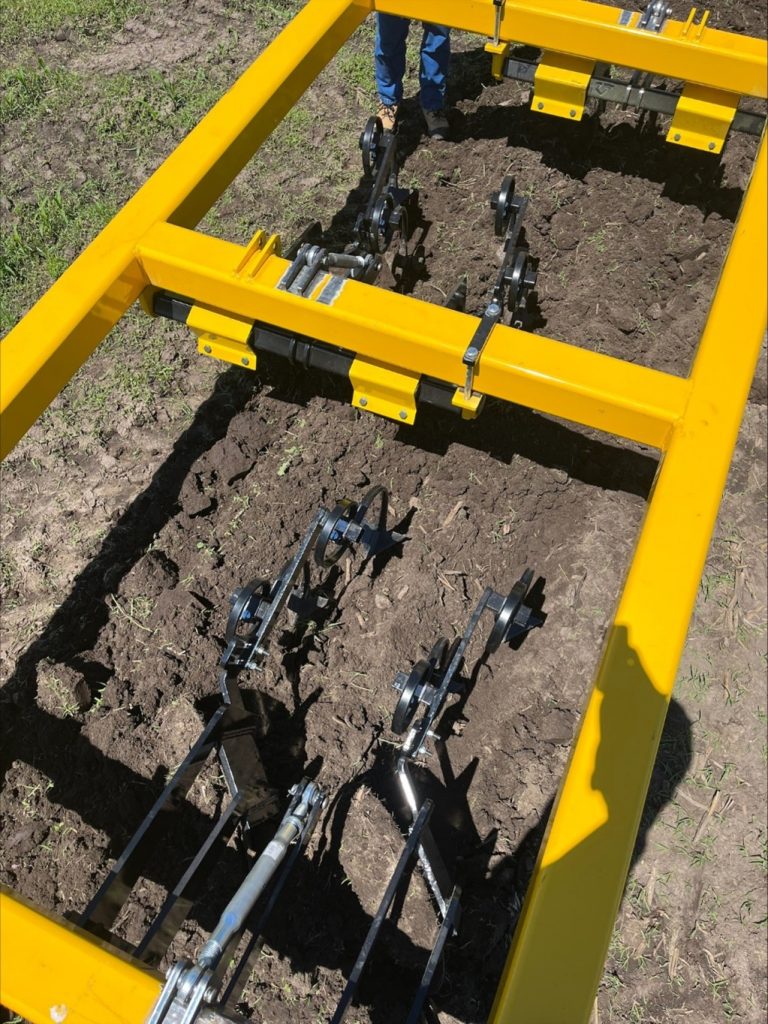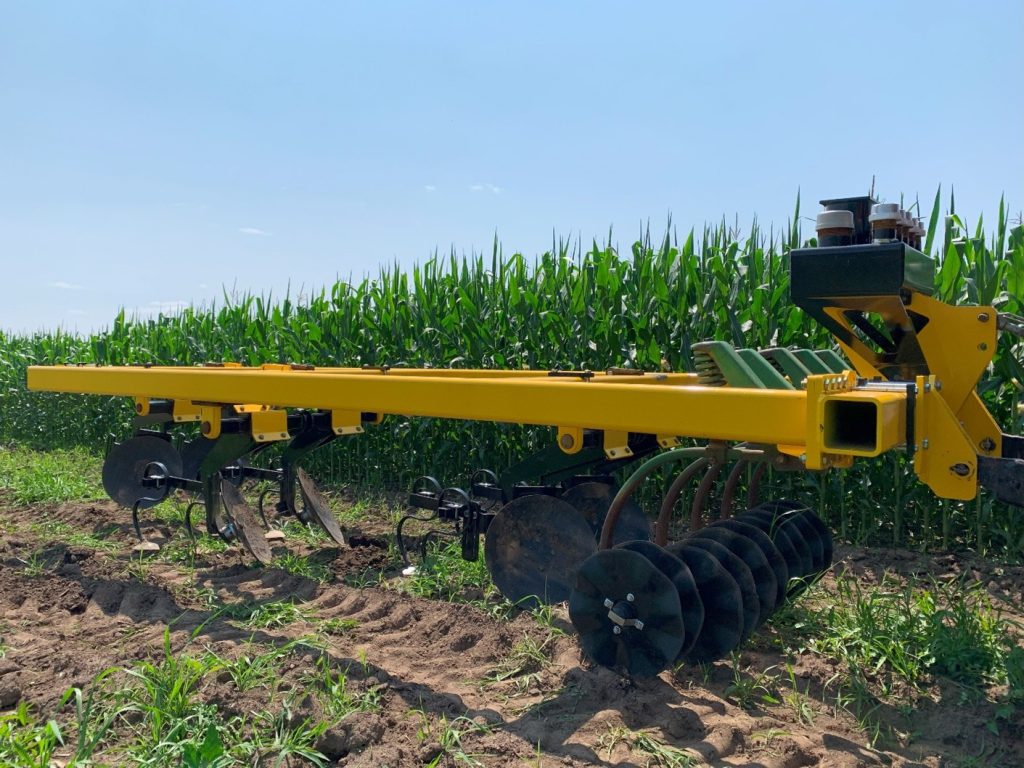Bob Zeng, Natasha Rayne, Patrick Woolcock, Jill Coleman-Wasik
Liquid dairy manure is a valuable source of organic nutrients for field crops. Carefully managed application of manure is necessary to effectively utilize manure nutrients without compromising environmental quality. Traditional surface manure spreading is low in cost, but may cause nutrient loss, odor and air pollution, surface water pollution, and groundwater contamination. This collaborative project aims to investigate the feasibility of the integration of innovative tillage and liquid manure land application and holistically evaluate associated agronomic, environmental, and economic impacts. A field unit prototype machine for liquid manure incorporation and injection has been developed through computer-aided design and modeling. Machine performance and its effects on soil, crop, water, and air quality will be evaluated through plot-based tests. Case studies will be conducted to assess the feasibility and profitability of the integrated manure application systems. The ultimate goal of the project is to develop a viable liquid manure application system that maximizes field efficiency and crop nutrient availability while minimizing environmental impacts. The project will benefit dairy producers, manure applicators, and agricultural equipment manufacturers by offering an innovative method and machine in dealing with livestock waste. The results will enable circular economy and sustainable agriculture by recycling manure in integrated crop-livestock production systems. Expected outcomes are a prototype manure applicator, field demonstration events, annual reports, conference presentations, and publications.


